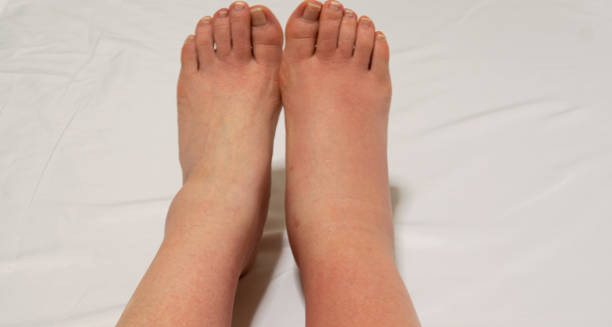Causes of Cellulitis
Causes of cellulitis are primarily bacterial, with most infections resulting from streptococcal or staphylococcal bacteria entering the body through a break in the skin. Understanding the causes of cellulitis helps in both prevention and timely treatment.
1. Skin Injuries and Entry Points
Any opening in the skin, no matter how small, can serve as an entry point for bacteria. This includes:
- Cuts, scrapes, or surgical wounds
- Insect bites or stings
- Cracks between toes (common in athlete’s foot)
- Ulcers or pressure sores
- Injection sites, especially among intravenous drug users
Even skin conditions like eczema or psoriasis can create vulnerable areas prone to infection.
2. Underlying Medical Conditions
People with diabetes, particularly those with poor blood sugar control, are more susceptible to cellulitis due to weakened immune responses and reduced blood circulation. Poor circulation also contributes to delayed healing and increased risk of skin breakdown, which can promote infection.
Individuals with lymphoedema, a condition that causes fluid retention and swelling, have a compromised lymphatic system, which impairs their ability to fight infections. This makes cellulitis both more likely and more difficult to treat.
3. Weakened Immune System | Causes of Cellulitis
People undergoing chemotherapy, taking immunosuppressive medications (like corticosteroids or after organ transplants), or living with conditions such as HIV/AIDS are at a higher risk of infections, including cellulitis. Their immune systems are less able to combat bacterial invasions.
4. Obesity and Poor Hygiene
Excess body weight contributes to skin folds, which are warm, moist areas where bacteria thrive. Obesity can also impair circulation and mobility, making regular hygiene more difficult and increasing the risk of unnoticed injuries or ulcers.
5. Chronic Fungal Infections
Conditions like athlete’s foot or fungal nail infections create cracks in the skin that can harbour bacteria. These minor infections often go unnoticed but can provide the ideal environment for cellulitis to develop.
Causes of Cellulitis
In most cases, cellulitis results from a combination of factors — a break in the skin, an underlying condition, and bacterial exposure. Reducing these risk factors through good skincare, managing medical conditions, and maintaining hygiene can go a long way toward prevention.
[Next: Symptoms of Cellulitis →]


